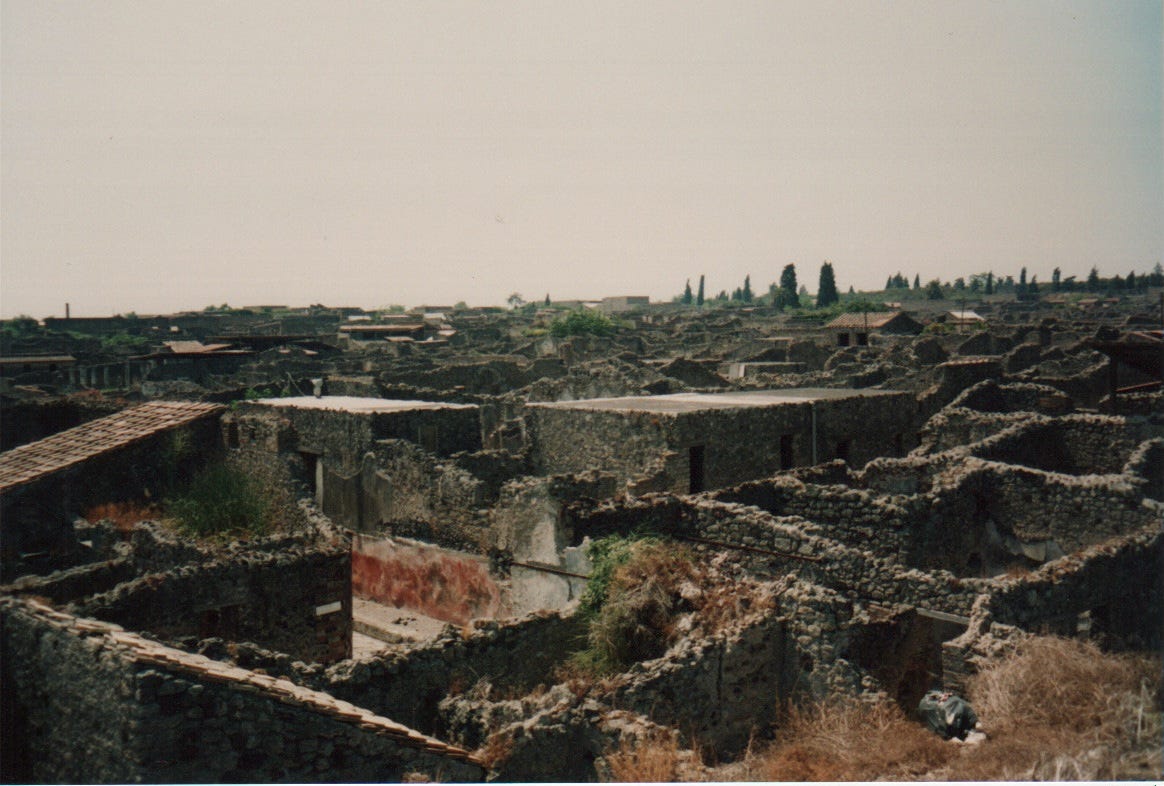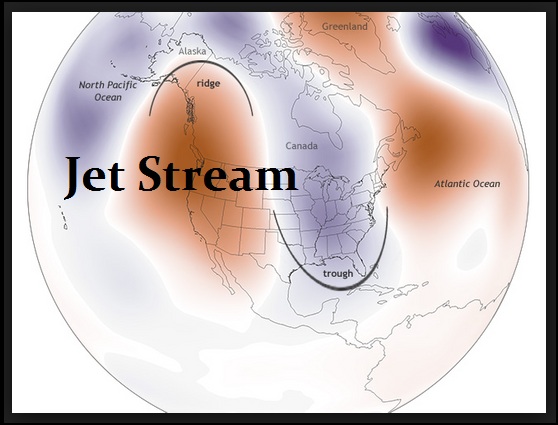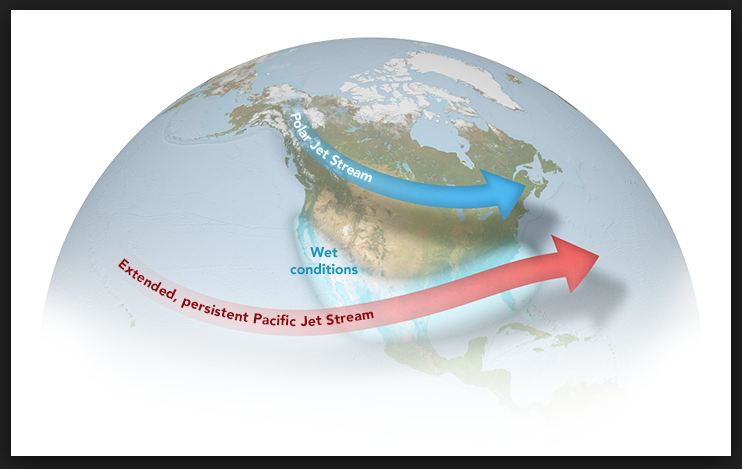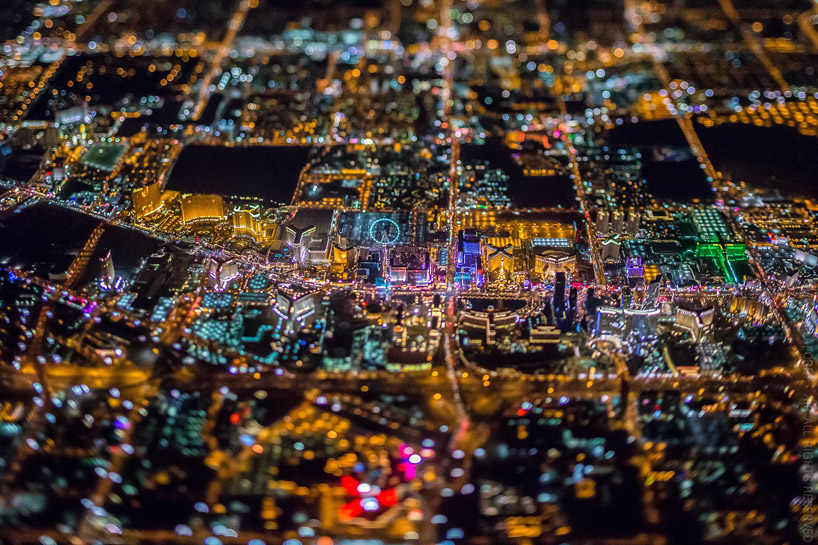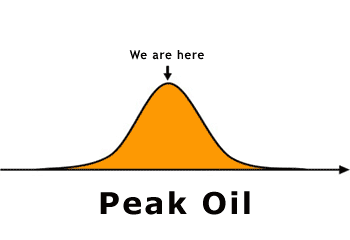I am a Linux ambassador of sorts. I’ve been using the Linux computer operating system since 2013. I can still remember the light feeling I had the day I broke free of the Microsoft Windows operating system.
No more constant worries about viruses hijacking or corrupting my computer. No more outlays to pay for each upgrade. No more worries that the next upgrade will be really lousy and buggy and remain so for months or even years. And, above all, no more freezes in the middle of my work and work lost as a result.
Now eight years into my Linux adventure I am wildly satisfied with that choice. That remains the case even though my most recent upgrade did not go as planned and got stretched out over several days. But this latest upgrade has made me think hard about why I stick with Linux and what the Linux way of doing things can tell us about a possible, better future.
I think some of the principles and structures I’m seeing are found in practically every pursuit, agriculture, education, the arts, politics, and commerce. If you are growing some of your own food, you are practicing these principles and creating similar structures. If you are teaching outside existing educational systems, you are likely doing the same. If you are writing, painting, singing, dancing or somehow expressing yourself artistically, you are probably already moving toward the world that the Linux community is pioneering in its own corner. If you created a business not only to have a livelihood, but because you want to change the world, you are almost certainly on the same path.
…click on the above link to read the rest of the article…








